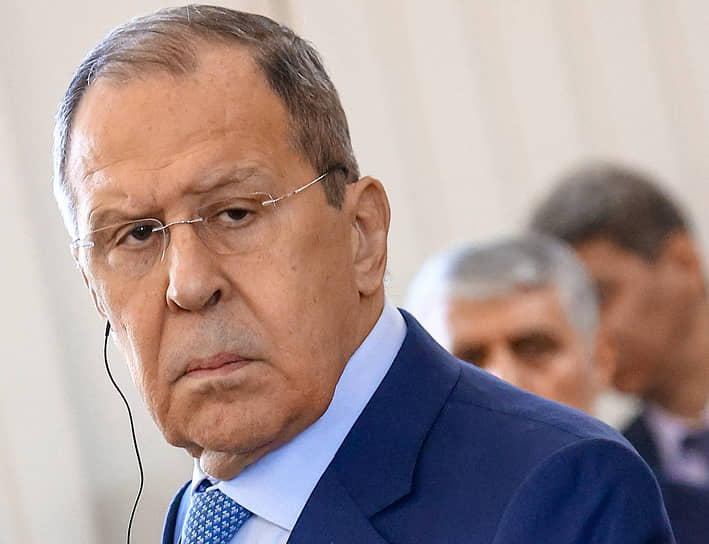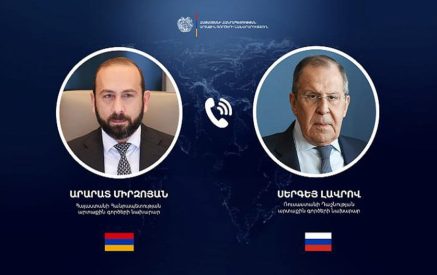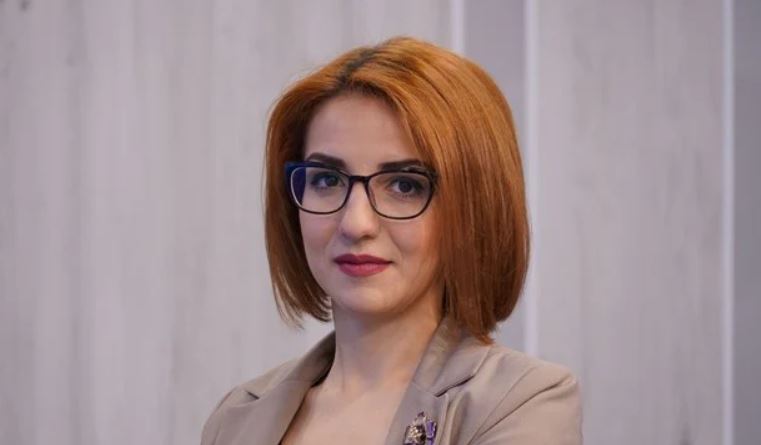“Sergey Lavrov refers to some agreements. What arrangements are they? And are the only written or verbal agreements reached on November 10 or after that and remained unknown to the public?”
The interlocutor of “Aravot” is Anna Karapetyan, head of “Hayatsk” analytical center.
– “The Azerbaijanis presented data (now our military is studying them) that the Armenian side transported mines through the Lachin Corridor, then, contrary to the tripartite agreements, those mines were used to mine the areas close to the Azerbaijani positions, etc. There are many mutual accusations.” There is still no response from official Yerevan to the statement of the Russian Foreign Minister. What to expect as a result?
– That is a statement that deserves a lot of attention. First, we must understand what kind of arrangements we are discussing. If we carefully read the declaration of November 9, we will see that there is no provision in it regarding restrictions on transported goods; it is stated that Azerbaijan guarantees the safety of movement of citizens, vehicles, and cargo in both directions through the Lachin Corridor. Sergey Lavrov refers to some arrangements.
Read also
What arrangements are they? And are the only written or verbal agreements reached on or after November 10 and remain unknown to the public? As for whether or not there will be a reaction from Armenia, this government openly avoids taking responsibility for issues related to Artsakh, and regarding the subject of the Lachin Corridor, Pashinyan stated that Armenia has no obligation to fulfill that provision of the joint statement, which is, of course, absurd. Therefore, it is pointless to expect a response. It is another matter that the question and demand should be raised to show all the undisclosed arrangements, the consequences of which we regularly face.
– “Although we are allies and the [CSTO] mission is fully ready, the Armenian side prefers to agree with the EU to deploy a civilian observer mission there for a long time. It is the border with Azerbaijan, and perhaps if that mission is deployed without Azerbaijan’s consent, it may simply be counterproductive. Instead of strengthening trust at the border, it can create diplomatic irritants,” said Sergey Lavrov, referring to the EU civilian observation mission, which will be deployed for two years in the entire territory of Armenia. If we translate what the Russian Foreign Minister said from the diplomatic vocabulary, what kind of contrast is expected and what type of situation will it create for Armenia?
– It is already tricky to call Lavrov’s statement a diplomatic vocabulary; the Russian Foreign Minister says in plain text that the deployment of the EU observation mission on the territory of Armenia causes concerns in Moscow. Even more so in the case that the Armenian government is openly delaying and creating obstacles to deploying the CSTO observation mission. Moscow understands well that this mission for the EU is not to establish peace and stability in the region, to reduce incidents, but to increase its presence and influence. It is another manifestation of the West-Russia struggle, and Armenia is becoming another platform for it, with all the dangers arising from it. What’s happening in Ukraine makes those dangers all too apparent.
Today, the Russian Federation is responsible for protecting the external borders of Armenia. And in this case, several questions arise: starting with how the presence of the EU and the Russian Federation will be combined and how our other friend, Iran, will react to the already long-term existence of the EU in its immediate neighborhood, even if it is not military. These steps of the Armenian government to bring the West into the region make Armenia a theater stage of geopolitical conflict and create new dangers in this already very explosive situation. And from the same security point of view, the effectiveness of the EU mission could be more measurable and transparent, considering that neither a report was published nor any statement was made as a result of the two-month mission. And the situation on the ground has stayed the same after the arrival of the mission or the end of the term and departure.
Interviewed by Nelly GRIGORYAN
“Aravot” daily, 20.01.2023























































